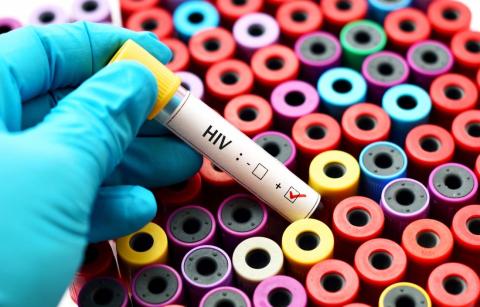Reaction: Under-the-skin implant tested to prevent HIV infection in non-human primates
Pre-exposure prophylaxis (PrEP), which usually consists of taking a daily oral anti-HIV drug, is a highly effective measure to prevent HIV infection. However, it only works well if people strictly follow the protocol, and some people end up not adhering to it. To improve this situation, researchers have tested an implant under the skin of non-human primates that releases the antiretroviral drug islatravir and maintains adequate concentrations for at least 20 months. The results, published in the journal Science Translational Medicine, show complete protection against infection with repeated exposure.

Mallolas - Implante (EN)
Josep Mallolas
Head of the HIV-AIDS unit, Hospital Clínic-Barcelona
This is a high quality study. Long-acting antiretroviral drugs have recently begun to be administered parenterally, and subcutaneous injection or reservoir options are expected to become available in the future. A long-standing theoretical option is the one discussed in the article: islatravir in a refillable subcutaneous reservoir that has been long-acting for almost two years with excellent results.
Pre-exposure prophylaxis (PrEP), which we already use in clinical practice, is carried out with daily pills and is very effective in preventing HIV infection, provided adherence is correct. With no less than 25% of PrEP users estimated to be lost to follow-up within 2-3 years, it is clear that a subcutaneous reservoir with an antiretroviral that is effective for almost two years would be a major breakthrough in preventing infection.
The most important limitation is that islatravir is still an investigational drug and, according to preliminary data from human clinical trials, has shown some toxicity problems in the form of leukopenia and lymphopenia. Therefore, new studies with lower doses of islatravir are currently under development to obtain the same efficacy without the leukocyte toxicity.
Pons-Faudoa et al.
- Research article
- Peer reviewed
- Animals


